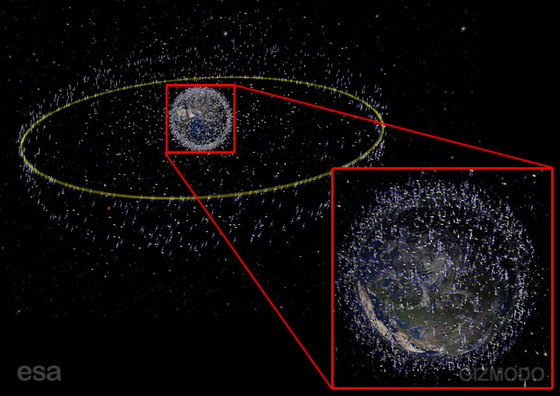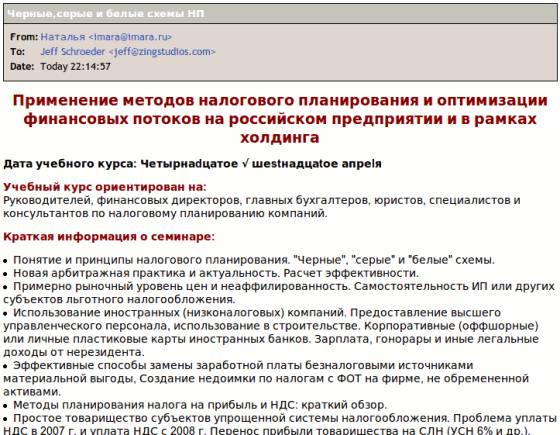Today General William Odom, a three-star Army general and former NSA Director, addressed the Senate Foreign Relations Committee on Iraq. His condemnation of the Bush administration’s tactics was resounding and to the point.
He starts with a scathing attack on the “troop surge”…
Good morning Mr. Chairman and members of the committee. It is an honor to appear before you again. The last occasion was in January 2007, when the topic was the troop surge. Today you are asking if it has worked. Last year I rejected the claim that it was a new strategy. Rather, I said, it is a new tactic used to achieve the same old strategic aim, political stability. And I foresaw no serious prospects for success.
I see no reason to change my judgment now. The surge is prolonging instability, not creating the conditions for unity as the president claims.
… and continued with details about different regions of Iraq and how each and every one of them is less stable than a year ago. Then he denounced the administration’s oft-repeated claims about how the al-Qaeda would rise like a phoenix if the U.S. troops abandon the country:
The concern we hear the president and his aides express about a residual base left for al Qaeda if we withdraw is utter nonsense. The Sunnis will soon destroy al Qaeda if we leave Iraq. The Kurds do not allow them in their region, and the Shiites, like the Iranians, detest al Qaeda.
He proceeded into the tenuous alliance the U.S. has with Sunni groups:
Let me emphasize that our new Sunni friends insist on being paid for their loyalty. I have heard, for example, a rough estimate that the cost in one area of about 100 square kilometers is $250,000 per day. And periodically they threaten to defect unless their fees are increased. You might want to find out the total costs for these deals forecasted for the next several years, because they are not small and they do not promise to end. Remember, we do not own these people. We merely rent them. And they can break the lease at any moment.
Then he addressed the fact that Iraq continues to destabilize into fragmented groups:
We are witnessing is more accurately described as the road to the Balkanization of Iraq, that is, political fragmentation. We are being asked by the president to believe that this shift of so much power and finance to so many local chieftains is the road to political centralization. He describes the process as building the state from the bottom up.
I challenge you to press the administration’s witnesses this week to explain this absurdity. Ask them to name a single historical case where power has been aggregated successfully from local strong men to a central government except through bloody violence leading to a single winner, most often a dictator.
Then he called John McCain and his buddies to task:
To sum up, we face a deteriorating political situation with an overextended army. When the administration’s witnesses appear before you, you should make them clarify how long the army and marines can sustain this band-aid strategy.
And finally, he summed up his arguments with something I (and many others) have been saying for a long time:
Those who link instability with a US withdrawal have it exactly backwards. Our ostrich strategy of keeping our heads buried in the sands of Iraq has done nothing but advance our enemies’ interest. I implore you to reject these fallacious excuses for prolonging the commitment of US forces to war in Iraq.
With such harsh criticisms from an experienced military commander, it will be interesting to see how the administration spins this.








